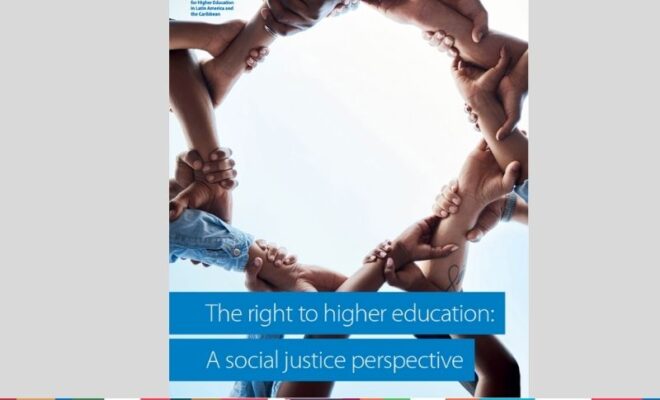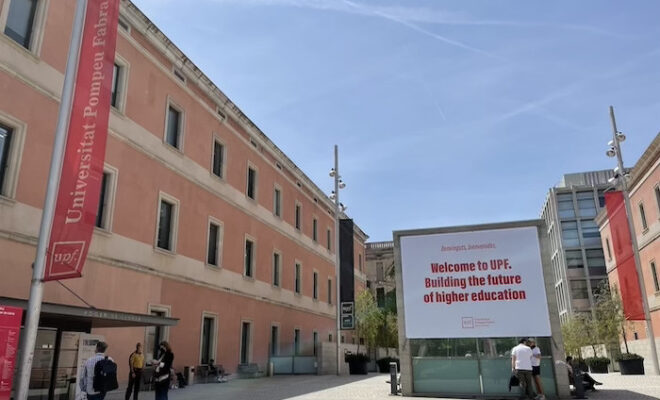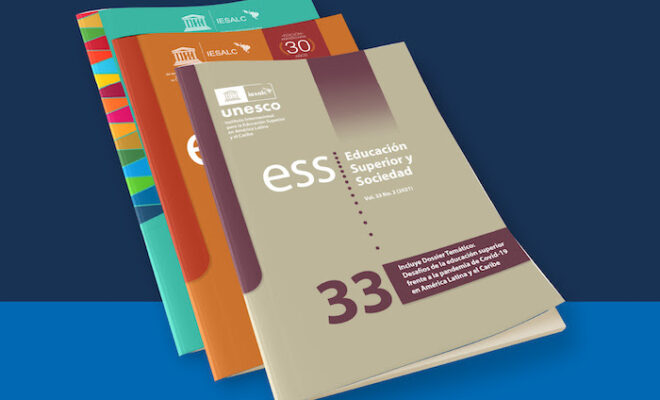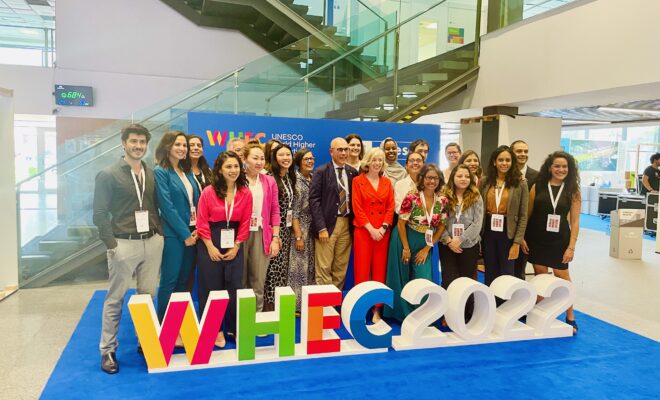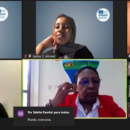The future of continuing education lies in the micro-construction of training offerings

This December 1 and 2, the PUCP Continuing Education Department and the Continuing Education Network of Chile will hold the X Pacific Continuing Education Congress at our University Campus.
During this event, several national and international specialists will analyze and provide insights on four key topics: Silver Economy: Continuing Education for adults, virtuality, University Complexity and open knowledge and science through transdisciplinarity.
Among the main speakers is Francesc Pedró, director of UNESCO-IESALC, with whom we talked to find out what are the new challenges and opportunities in Continuing Education.
What are the current challenges of continuing education in Latin America and what changes have occurred after the pandemic?
The pandemic has been an opportunity for the rediscovery of distance education in the world of education in general, in continuing education and in particular in distance or hybrid graduate studies, thus overcoming the resistance that existed towards online education.
In recent years, a multitude of universities have demonstrated their effectiveness, as they have managed in a short time to develop hybrid formulas and have made known their ability to offer greater flexibility, which is the necessary turn of the screw in continuing education to meet different profiles and different needs.
In addition, they have had good results in the adoption of technology-based solutions as well as increasing the capabilities of teachers; opening a very important window of opportunity to link this with the growing demand. But we still need to better connect with the needs of the social and economic environment, because we live in a context in which continuing education continues to be a predetermined offer and this also has to do with the governance mechanisms of the institutions.

“In continuing education, it is no longer viable to have a training offer with a universal design that fits everyone. This offer should be divided into small subjects or courses and we would have to think of a construction more focused on what are the needs, expectations, options of the end user.”
Francesc Pedró
Director UNESCO-IESALC
Read the original interview in Spanish by the PUCP
This is a free translation
X Continuing Education Congress
The X Continuing Education Congress, organized jointly by the Pontificia Universidad Católica del Perú and the University Network of Continuing Education of Chile, was held on December 1 and 2 with the participation of personalities and experts, among them Francesc Pedró, director of UNESCO IESALC.
Among other aspects, they addressed:
-Silver economy: continuing education for adults.
-Virtuality in continuing education.
-Facing university complexity.
-Open knowledge and science through transdisciplinarity.
RELATED ITEMS

